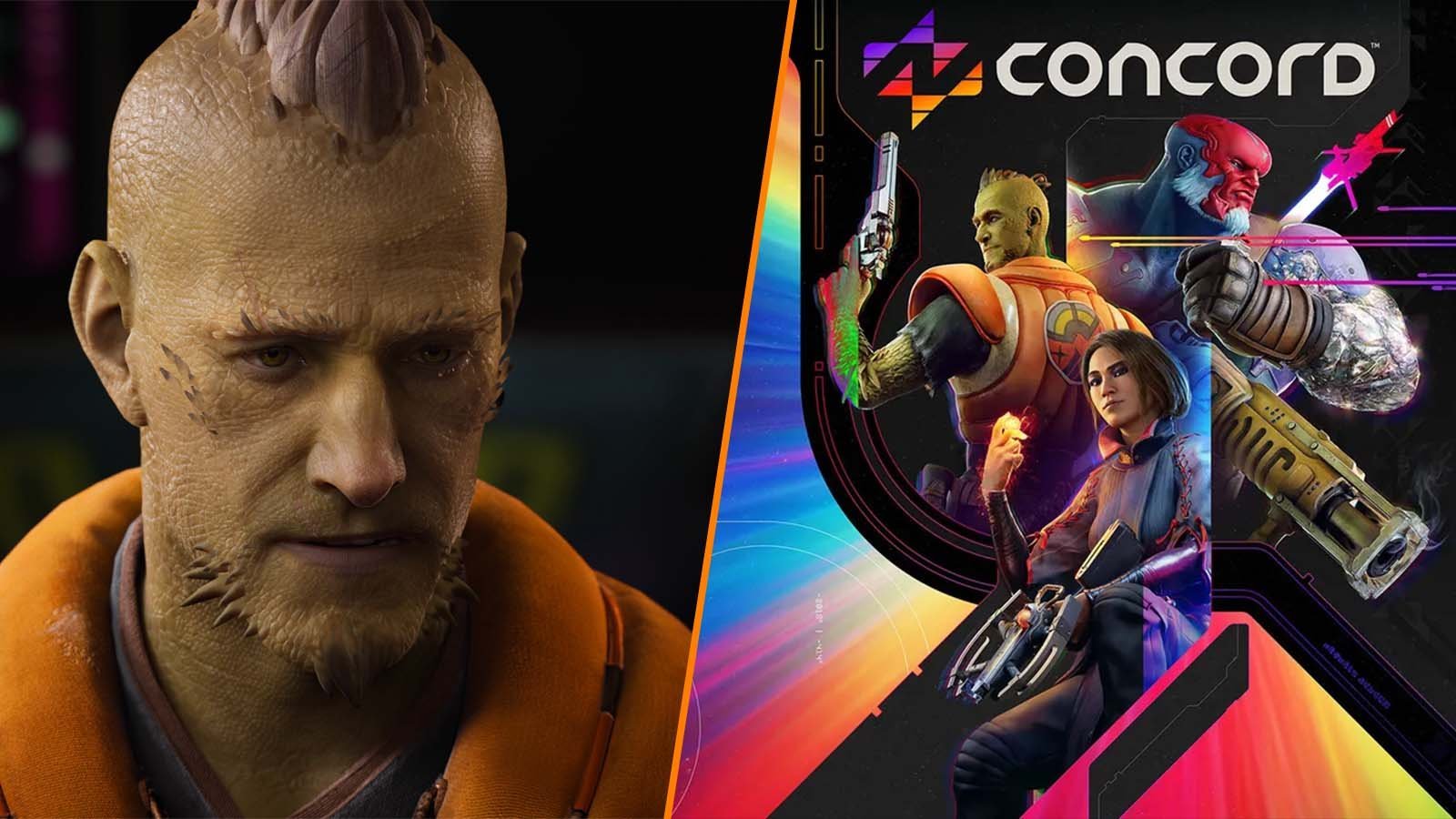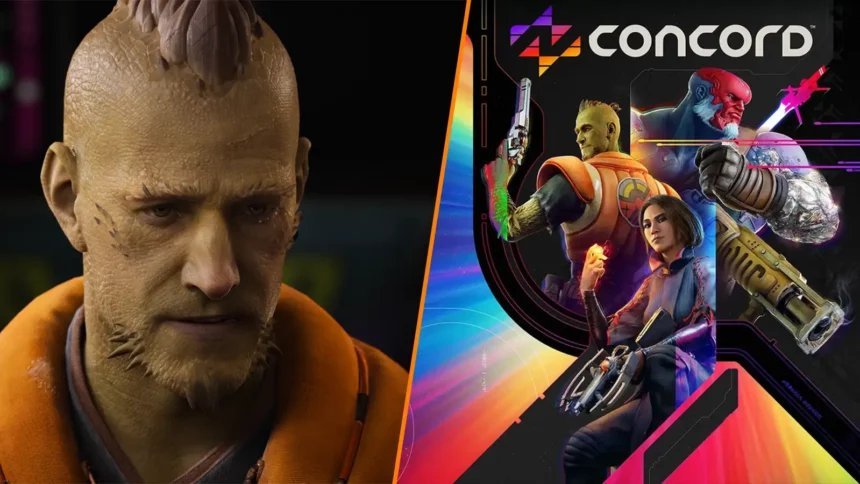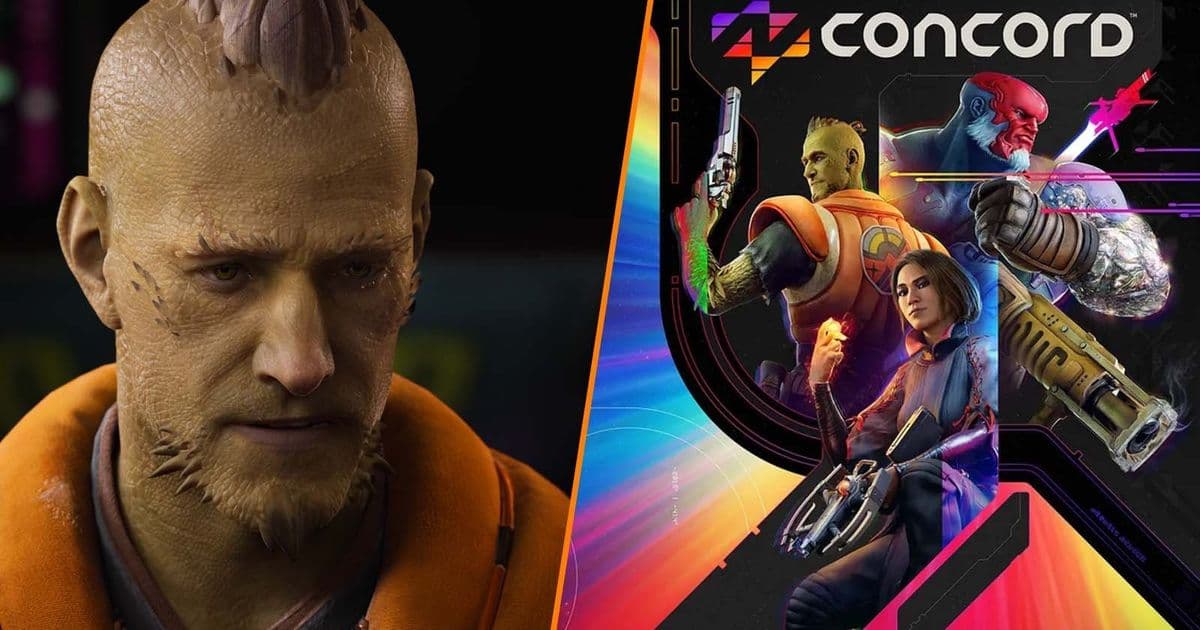In a swift move, Sony has issued DMCA takedowns against YouTube videos showcasing fan-made custom servers that resurrected the failed live-service game Concord. This crackdown raises critical questions about intellectual property rights versus community preservation efforts in the gaming industry. As developers pause their project amid legal fears, the incident highlights ongoing tensions between publishers and modding communities.
Sony's Aggressive DMCA Takedowns Target Fan Revival of Flopped Shooter Concord
When Sony Interactive Entertainment pulled the plug on Concord just two weeks after its August 2024 launch, it marked one of the most spectacular flops in recent gaming history. The hero shooter, developed by Firewalk Studios as a cornerstone of Sony's live-service ambitions, failed to attract a robust player base, leading to server shutdowns, mass refunds, and the eventual closure of its development studio. But in a twist that could have been scripted for a tech thriller, a dedicated group of fans and developers has breathed new life into the game through custom servers—only for Sony to swiftly strike back with DMCA takedowns.

The fan revival effort, which spanned months of painstaking work, involved reverse-engineering Concord's backend systems to host matches independently of Sony's infrastructure. Videos uploaded to YouTube captured the magic: characters loading, players matching up, and full Clash Point modes running smoothly for the first time since the official shutdown. This wasn't just nostalgia; it represented a triumph of community ingenuity over corporate abandonment, allowing enthusiasts to experience what might have been.
However, the celebration was short-lived. Almost immediately after the videos gained traction, Sony—through its copyright enforcement partner MarkScan—issued DMCA notices that removed the content from YouTube. MarkScan, a firm notorious for aggressive digital asset protection on behalf of major clients, has a history of similar actions for Sony, including takedowns of modded footage from titles like Bloodborne and even music-related claims. Importantly, these strikes targeted only the gameplay videos, not the underlying code or server project itself, suggesting a calculated move to suppress visibility rather than pursue outright legal action against the developers.

One of the key developers, known as Red, shared an update in the project's Discord server, stating: “Due to worrying legal action we’ve decided to pause invites for the time being.” This hesitation underscores the chilling effect of such enforcement. While no direct cease-and-desist has been served to the team, the YouTube takedowns signal Sony's unwillingness to tolerate unauthorized revivals, even for a game it has officially discarded.
"This incident exemplifies the broader conflict between intellectual property holders and preservationist communities," notes a cybersecurity expert specializing in gaming mods. "Publishers like Sony view custom servers as potential gateways to piracy or brand dilution, but for fans, they're a way to salvage cultural artifacts from obsolescence."
From a technical standpoint, the custom server project is a fascinating case study in reverse engineering and distributed systems. The developers rebuilt networking protocols, authentication layers, and match-making logic—skills that could inform open-source alternatives in multiplayer gaming. Yet, Sony's response highlights the legal minefield modders navigate: DMCA provisions allow content owners to demand removals with minimal oversight, often stifling innovation before it can flourish.
{{IMAGE:5}}
This isn't an isolated event. Sony's track record includes lawsuits against eBay sellers for counterfeit accessories and downward revisions of expectations for acquisitions like Bungie, whose Destiny 2 has underperformed financially. The Concord saga raises poignant questions for the tech and gaming sectors: Should publishers retain eternal control over defunct titles, or does the community have a right to preserve and evolve them? As live-service models dominate, with games like Concord rising and falling rapidly, such community efforts could become vital for sustaining player engagement post-shutdown.
In the end, Sony's quick crackdown may deter future revivals, but it also amplifies the voices calling for more player-friendly end-of-life policies. Whether through official emulators, licensed modding tools, or reformed copyright laws, the industry must grapple with how to honor the passion of its most dedicated fans—before another Concord fades into unplayable obscurity.

Comments
Please log in or register to join the discussion